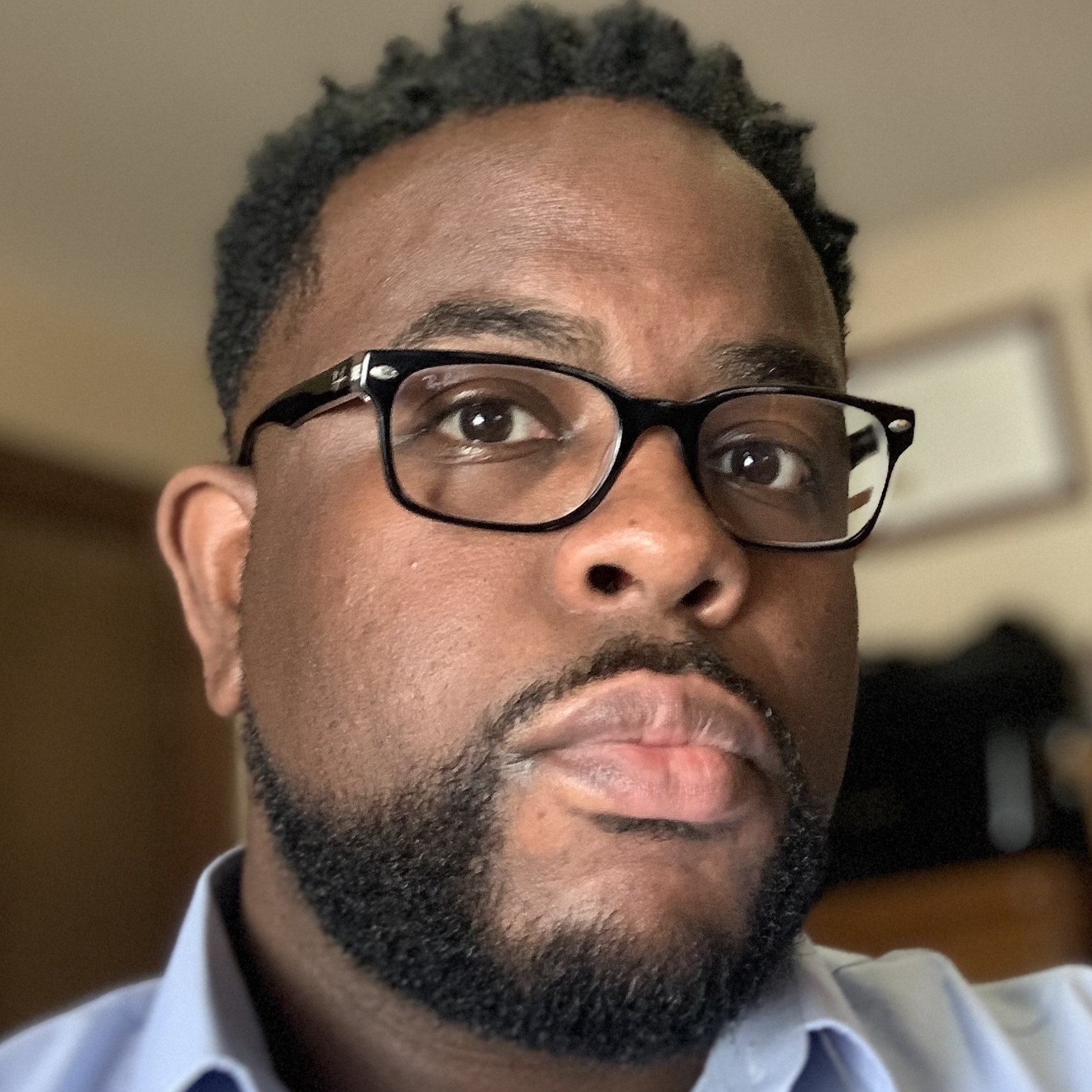Consumers can be creatures of habit when it’s time to schedule a deposition. They might be brand loyalists with a discerning skepticism for the unknown or thrill seekers in search of something new. But regardless of what camp they fit into, consumers likely share one thing in common . . . they resent being told what to do. Consumers value options, even if they have their favorites. But what happens if those options are taken away?
Some attorneys remain comfortable with traditional stenographic services. That’s fine for them. It’s their choice. But what about those who want something different? What about the attorney who is tired of long turnarounds and add-on fees? What about those who want the premium features of real-time reporting without the sticker shock that comes with it? And what about those in search of alternatives amidst a sea of reports documenting the nation’s court reporter shortage? What about attorneys who are willing and able to try non-stenographic methods of recording deposition testimony? They deserve a choice as well.
Some claim that court reporters are the only true protectors of the record. However, this argument relies on an incomplete reading of the rules. At the federal level, alternative methods are allowed by the same rules of civil procedure as stenography. Similar authorization can be found in states throughout the country with or without leave of court, or so long as parties provide proper notice. Additionally, most states follow the federal level’s authorization for party stipulations, Rule 29, to conduct depositions, “before any person, at any time or place, on any notice, and in the manner specified,” opening a much greater path for non-stenographic deposition reporting. This gives modern attorneys the power to work with the court and opposing counsel to not only protect the record, but also leverage technology for greater control over the deposition experience. After all, what good is protection without choice?
Well, here’s a choice for attorneys who are ready to try something different. Readback is the first deposition service to offer Active Reporting. Through Active Reporting, Readback combines state-of-the-art technology with a human element. A Guardian makes sure the proceeding runs smoothly while a team of human transcriptionists work behind the scenes with our patented speech-to-text technology to produce a verbatim record. The result is a near-time experience where attorneys see the transcript come to life before their very eyes.
You are not limited to just one type of deposition service. Visit our website to learn more about compliance and see how Active Reporting can be a fresh alternative to stenographic means. When it comes to choosing a deposition service, it’s your decision to make. Make it a good one with Readback.
*Disclaimer: Readback is neither a law firm nor a substitution for legal advice. This post should not be taken as legal opinion or advice.



